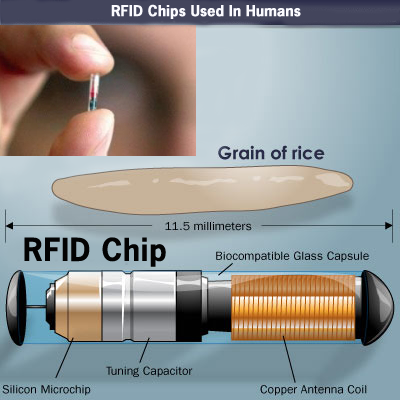RFID Technology has developed from basic identification business solutions to more, complex, advanced solution systems. These systems give more room for business to be track, trace, locate, monitor, control, utilize and control their business assets. The future for RFID is thus to develop more control from further distances, becoming ubiquitous , more intelligent and thus making objects not only communicate with us, but to be smart and think for themselves and us. The future of identification technologies is to make them more complex, applying advancing technologies such as Virtual Reality and Remote Access, to make tagged assets work for us in wider ranges, collected more and varied data.
RFID applications will continue to include active sensors including;
- Vehicular Services Parking
- Libraries self-check in rental services and minimizing labor cost
- Security building secure access controls, documentation and passports
- SMART home control - systems to manage home/business energy consumption/production
- Toll/road-collection/charging and control measures.
Potential ideas for long-term application
- Identification
- Payments
- Vehicles
- Buildings
- Animals
Identification: This area is all about thinking of ways RFID can assist people control. With advancements in tags and their capabilities (power, read range, manageability, size and more) identification tools could be used for more things and in greater ways such as advancing secure access. Joining existing things like passports, NFC payments and I.D badges could be more powerful, smaller, controllable and smarter/more capable I.D cards, badges and enabling gadgets. I. D's could also combine recognition technologies (fingerprint, retina, face etc) and provide new ways to recognize individual people, vehicles or animals, as well as items.
Payments: Already there are NFC chipped cards (e.g Barclays/Oyster and Stadium Cards) which can process small payments with a 'touch and go' recognition system. More and more credit and debit cards will become chipped and capable of using NFC based payment systems. More and more shops, tourist attractions and payment places should apply RFID/NFC card payment projects. This could also be applied in mobile phones – doubling up as a credit card. These could then also become automatic, removing all physical operations (no need to touch and go, simply enter).
Vehicles: With cars, vans, Lorries and bikes tagged and chipped, drivers could be taxed for their personal use of vehicles in the future, as well as be set up to automatically to pay for road tolls, taxes, hiring and parking fees. This could also be applied for petrol, servicing and more. Future information systems could communicate with cars to inform about parking spaces, traffic, routes (like GPS). Sensor-based chips could help manage car parts, fuel, oil etc. as well as future possibilities for automatic driving and controls relating to this.
Buildings: Through SMART and Super RFID the office, home or any building or zone could use future RFID to maximize its controls and management. An IOT/RFID building could have all of its gadgets controlled by one gadget device, be automatic (triggered on and off by a tag) with smart measures installed to manage all of the building's equipment and conditions – for you. This could also mean that you could control your home/business even when you are not there, and/or control the data it collects.
Animals: Like people, vehicles and objects the same sort of advancements can be applied to animal, livestock and pet RFID. This could allow for advanced and open identification, control and management. Tagging/chipping would allow for tracking, tracing, monitoring, controlling and managing; be it human, animal, vehicle, object or other.

No comments:
Post a Comment